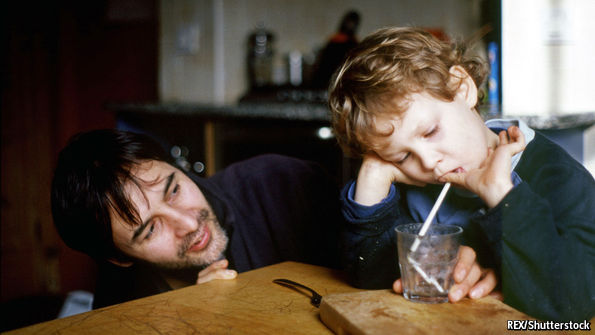First, treat the parents

AUTISM may bring a lifetime of disability and difficulty to the most severely afflicted. As children, they often struggle to communicate, are anxious in situations unproblematic for anyone else and may behave in repetitive ways that disturb others. As adults, they may be shunned—or even ostracised.
Medical science has little to offer. Drugs have limited effects, and although there have been claims for many years that therapies aimed at training a child directly to behave in desirable ways (known as behavioural intervention) can work, the evidence they actually do so is poor. All this, observes Tony Charman, a clinical psychologist at King’s College, London, leaves parents of autistic children vulnerable to false promises. Only this month, for example, a four-year-old boy had to be taken to hospital in Britain after being subjected to a bizarre array of treatments described as “holistic medicine”.
Incidences of such quackery should be reduced by a study published in this week’s Lancet by Dr Charman and his colleagues. The “Pre-school Autism Communication Trial” (PACT) attempted to answer, once and for…Continue reading
Source: Economist




